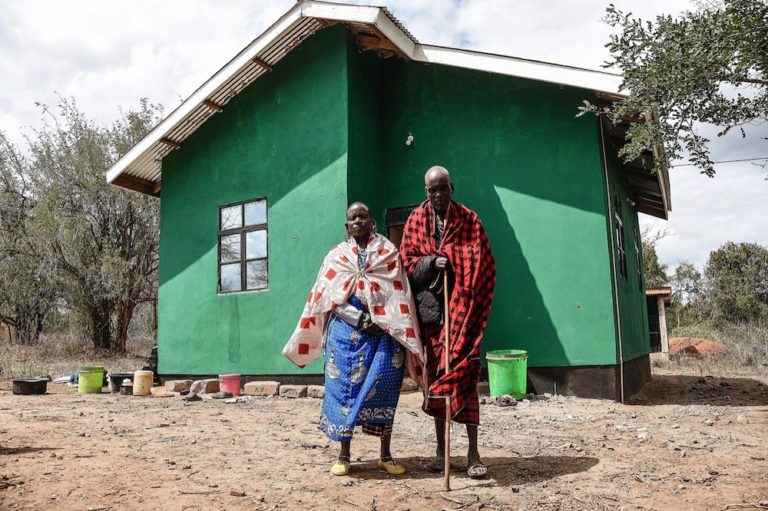(MISA/IFEX) – On 24 November 2004, the High Court of Tanzania, on the island of Zanzibar, delivered its ruling on a long awaited case launched by the “Dira” newspaper management team to challenge the act used to close the only independent weekly in the Isles. According to sources from Zanzibar, the paper will remain closed […]
(MISA/IFEX) – On 24 November 2004, the High Court of Tanzania, on the island of Zanzibar, delivered its ruling on a long awaited case launched by the “Dira” newspaper management team to challenge the act used to close the only independent weekly in the Isles.
According to sources from Zanzibar, the paper will remain closed because the High Court discovered that “Dira” violated registration procedures.
“The result is zero-zero,” Ally Saleh, the newspaper’s sports editor, who is also the BBC’s Kiswahili correspondent in Zanzibar, told MISA-Tanzania in a telephone interview soon after the High Court’s ruling.
According to Saleh, High Court Judge Mshibe Ali Bakari indicated that both “Dira” and the government violated rules and laws in the operation and subsequent closure of the newspaper. While the minister responsible for information exercised too much power to close the paper, the publication operated illegally in Zanzibar as it violated registration procedures, the court reportedly stated.
Saleh said that the paper’s management committee will meet to discuss the possibility of taking the case to the Court of Appeal because they are confident that their publication was legally registered and was operating according to the rules and principles guiding newspapers in the semi-autonomous island.
“The issue of registration has never been raised during our operation. It was raised today by the High Court. We must sit down and chart a way forward to take the matter to the Court of Appeal,” Saleh said.
The newspaper is challenging the government-imposed closure, which was carried out in 2003 based on allegations that the paper had contravened journalism ethics.
The publication, under its managing editor, Ali Mohamed Nabwa, who is a former press secretary to the vice-president of the United Republic of Tanzania, the late Omar Ali Juma, argued that the closure was aimed at stopping the paper from disseminating information to the public. It has been argued that the government had not acted fairly on the matter and, in fact, the action had political motives.


